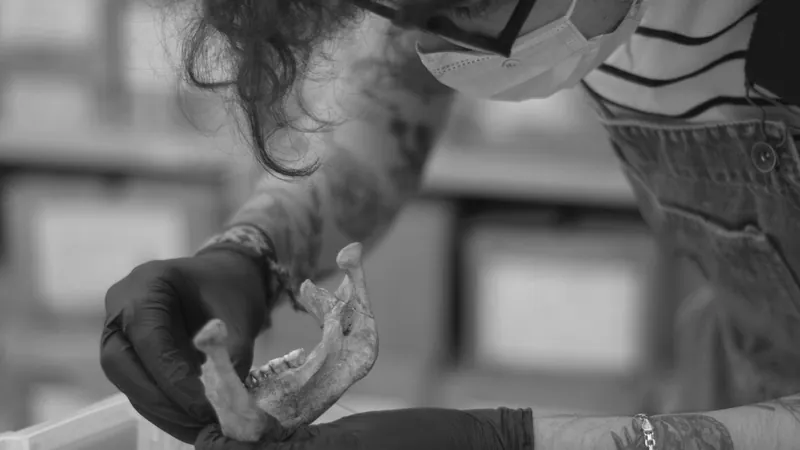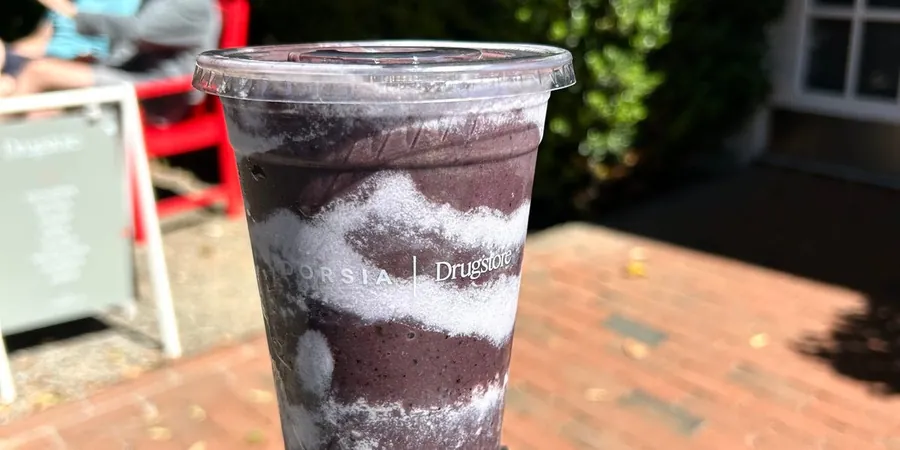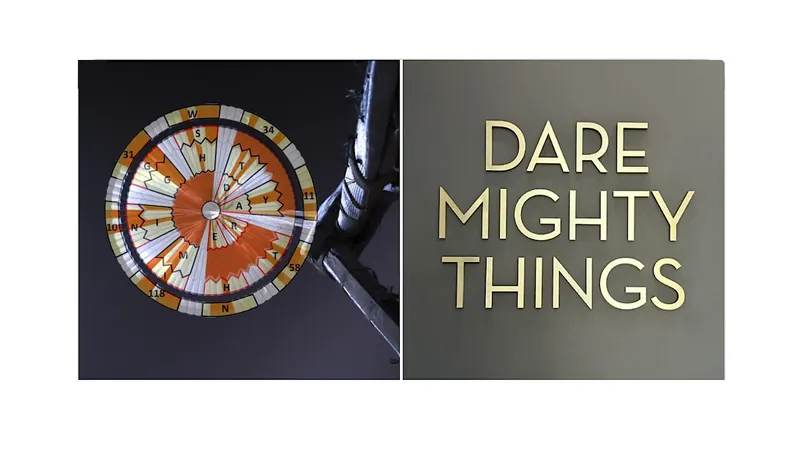
Unlocking Ancient Secrets: How Denisovan DNA Helped the First Americans Survive
2025-08-21
Author: Kai
Groundbreaking Genetic Discoveries Reveal Ancient Lineages
A groundbreaking new study has uncovered a fascinating truth about the first individuals who ventured into the Americas: they carried fragments of DNA from two long-extinct human relatives—Neanderthals and Denisovans. This genetic heritage may have given early Americans a crucial edge in combating unfamiliar diseases in their new environments.
According to study co-author Fernando Villanea, a population geneticist at the University of Colorado Boulder, today’s humans are essentially a product of multiple ancestral lineages merging together. Villanea stated, 'Humans had this archaic variation,' suggesting that as these early populations migrated, they tapped into a wealth of genetic diversity, providing them with necessary defenses against new pathogens.
Insight into MUC19: The Genetic Key to Survival
Published in the journal Science, the research highlights a significant protein-coding gene known as MUC19, crucial for various bodily functions, including mucus production. Remarkably, the study found that roughly one in three modern Mexicans carries a version of MUC19 linked to the Denisovans, an enigmatic group of ancient humans that roamed parts of Asia approximately 200,000 to 30,000 years ago.
The findings come on the heels of previous research indicating that Indigenous Americans possess a higher number of ancient MUC19 variants, which have become increasingly common over generations—an evolutionary advantage traced to their ancestral backgrounds.
A Genetic Sandwich: Denisovans and Neanderthals Together?
In what is a striking revelation, the researchers noted that the Denisovan MUC19 gene segment has become more prevalent among Indigenous Americans over time. Astonishingly, this variant appears to have traveled along with Neanderthal DNA, forming a 'genetic sandwich.' Villanea mused, 'It's wild. Is this the only instance of this happening, or are there more? We are still trying to figure this out.'
Population Differences in Genetic Legacy
To investigate the beneficial effects of the Denisovan MUC19 variants, the researchers analyzed genetic data from individuals of Mexican, Peruvian, Colombian, and Puerto Rican descent from the 1000 Genomes Project, alongside historical genetic sequences from 23 Indigenous individuals predating the 13th century.
They discovered that around 33% of modern Mexicans carry the Denisovan variant, compared to 20% of Peruvians, and just 1% in Colombians and Puerto Ricans, likely reflecting a greater proportion of Indigenous DNA in Mexican genomes.
New Insights Await: What’s Next for Genetic Research?
The team was intrigued to find that the Denisovan segment was interlaced with Neanderthal DNA, suggesting that Neanderthals initially acquired these variants through interbreeding with Denisovans and subsequently passed them on to modern humans.
As a next step, Villanea and his colleagues plan to explore new biological sample collections from Latino and Indigenous American populations to delve deeper into how these Denisovan-specific variants influence immune functions. Huerta-Sanchez highlighted the potential significance of these findings, suggesting that these variants might play a unique role in supporting immune responses to specific pathogens.
In a world where ancient DNA can unlock secrets to our survival, the journey to fully understand the Denisovan legacy and its implications for modern health continues.


 Brasil (PT)
Brasil (PT)
 Canada (EN)
Canada (EN)
 Chile (ES)
Chile (ES)
 Česko (CS)
Česko (CS)
 대한민국 (KO)
대한민국 (KO)
 España (ES)
España (ES)
 France (FR)
France (FR)
 Hong Kong (EN)
Hong Kong (EN)
 Italia (IT)
Italia (IT)
 日本 (JA)
日本 (JA)
 Magyarország (HU)
Magyarország (HU)
 Norge (NO)
Norge (NO)
 Polska (PL)
Polska (PL)
 Schweiz (DE)
Schweiz (DE)
 Singapore (EN)
Singapore (EN)
 Sverige (SV)
Sverige (SV)
 Suomi (FI)
Suomi (FI)
 Türkiye (TR)
Türkiye (TR)
 الإمارات العربية المتحدة (AR)
الإمارات العربية المتحدة (AR)